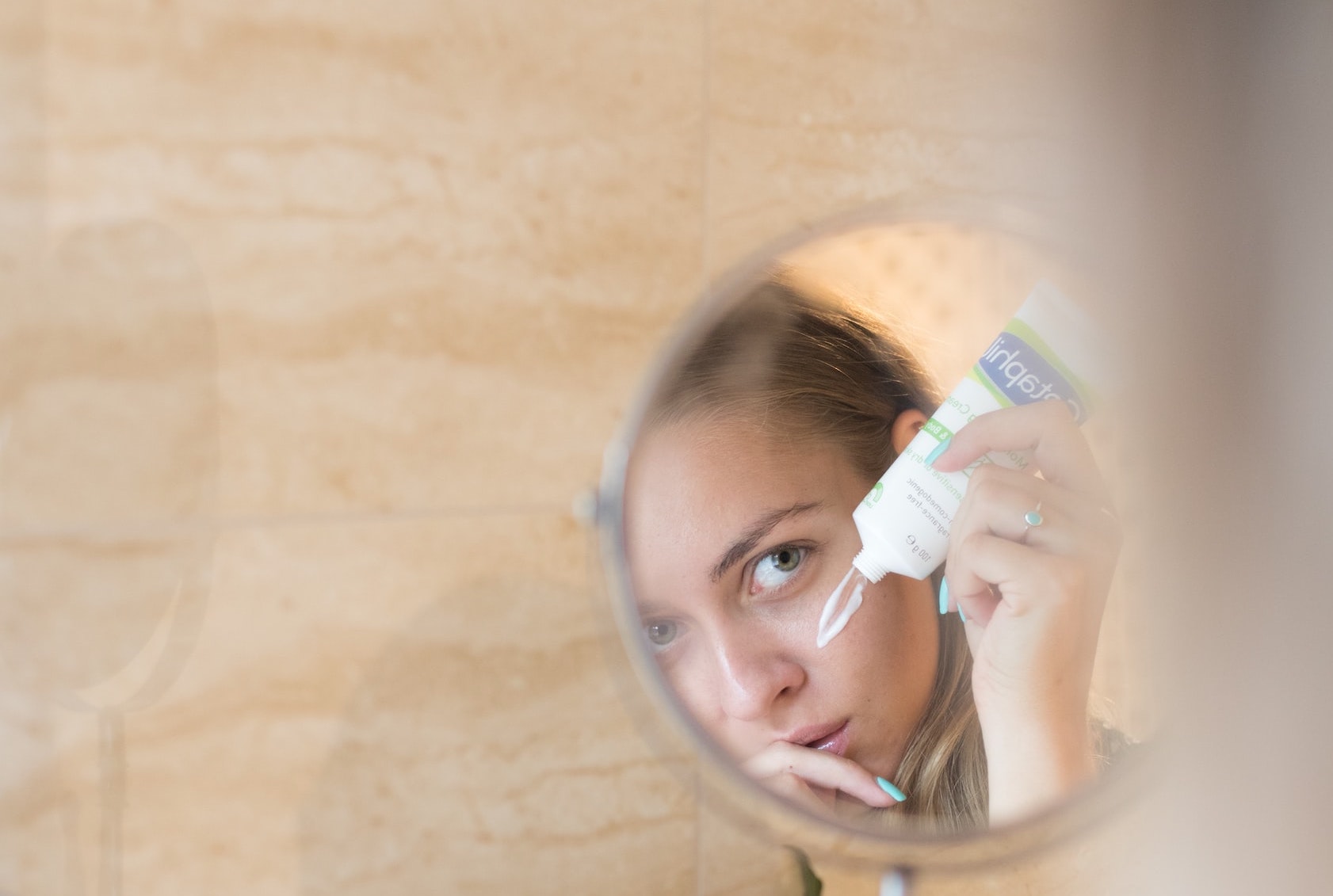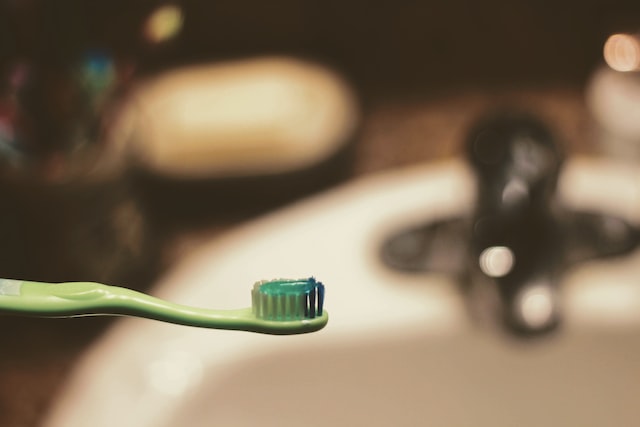BACKGROUND
Consumers’ expectations regarding the impact of products and services on the environment have a growing influence on their purchasing behaviour. This leads more and more companies to communicate about the sustainability, responsibility and green credentials of their products and services. These environmental claims must comply with French legislation aimed at tackling greenwashing.
WHAT’S NEW?
On 25 May 2023, the French Directorate General in charge of Competition, Consumer Affairs and Fraud Control (DGCCRF) and the French National Consumer Council (CNC) published the new version of the “Practical Guide to Environmental Claims“. This version has been eagerly awaited for several years, as it provides guidelines on the new legislative framework applicable to greenwashing in France.
The updated guide incorporates recommendations regarding the voluntary use of environmental claims and outlines the conditions for using commonly used terms like “organic,” “sustainable,” “natural,” and “free from”.
“Free from”
The term “free from” is used to inform consumers about the absence of a substance that is identified as a health or environmental hazard. However, the claim “free from” cannot be used when referring to a substance that is no longer used, that is prohibited, or has never been used in the product.
“Organic”
For cosmetic products, if the finished product is certified organic, or 100% of ingredients are certified organic, the claim “organic” can apply to the entire product. On the other hand, if the overall level of organic ingredients is less than 100%, it must be indicated. Otherwise, the “organic” claim should only apply to the specific ingredient(s) to avoid misleading consumers.
“Natural”
If the product is described as “natural”, it must contain at least 95% of natural components. If the finished product contains less than 95% natural ingredients, the percentage must be indicated. Failing this, the claim on naturalness must only appear next to the ingredient(s) concerned.
For cosmetic products, the use of the terms “natural”, “derived from natural” and “of natural origin” is based in particular on ISO 16128.
“Sustainable”
The term “sustainable” should be used to refer to the concept of sustainability, which encompasses the product’s durability over time and considers the challenges of sustainable development, including economic, social, and environmental impacts.
Any claim regarding sustainable development should be supported by measurable, relevant, significant, verifiable, and concrete evidence.
“Reduced ecological footprint“
Indicates a significant decrease in the environmental impact of the product throughout its entire life cycle compared to other products in the same category. Calculation of the ecological footprint should follow the guidelines outlined in (EU) Recommendation 2021/2279, with clear indication of whether the reduction pertains to packaging, the entire product, or a specific part of it as well as the nature and magnitude of the reductions in environmental impact achieved.
“Compostable“
Compostable products are those that can biodegrade under specific composting conditions, meeting requirements for disintegration, composition, and ecotoxicity of degradation products in natural environments. The term “compostable” depends on the medium and time scale.
The claim “compostable” is prohibited if the product is only compostable in an industrial unit.
Compostable plastic products and packaging in domestic or industrial composting must bear the words “Do not throw away in nature”.
WHAT NOW?
Environmental claims have become a growing priority for the French authorities surveillance. In 2021 and 2022, the DGCCRF conducted investigations into environmental claims used to promote non-food products and services. Of the 1,100 establishments inspected, one in four was found not to comply with French legislation, and the DGCCRF issued 141 warnings, 114 injunctions and initiated 18 criminal or administrative proceedings.
In order to protect themselves against greenwashing claims, cosmetic brands should ensure that, when using environmental claims, they comply with the most recent regulatory framework, as specified by the Guide and that they have reliable and verifiable evidence in support of those claims.
References:
Conseil National de la Consommation (CNC) – Guide pratique des allégations environnementales, 2023






